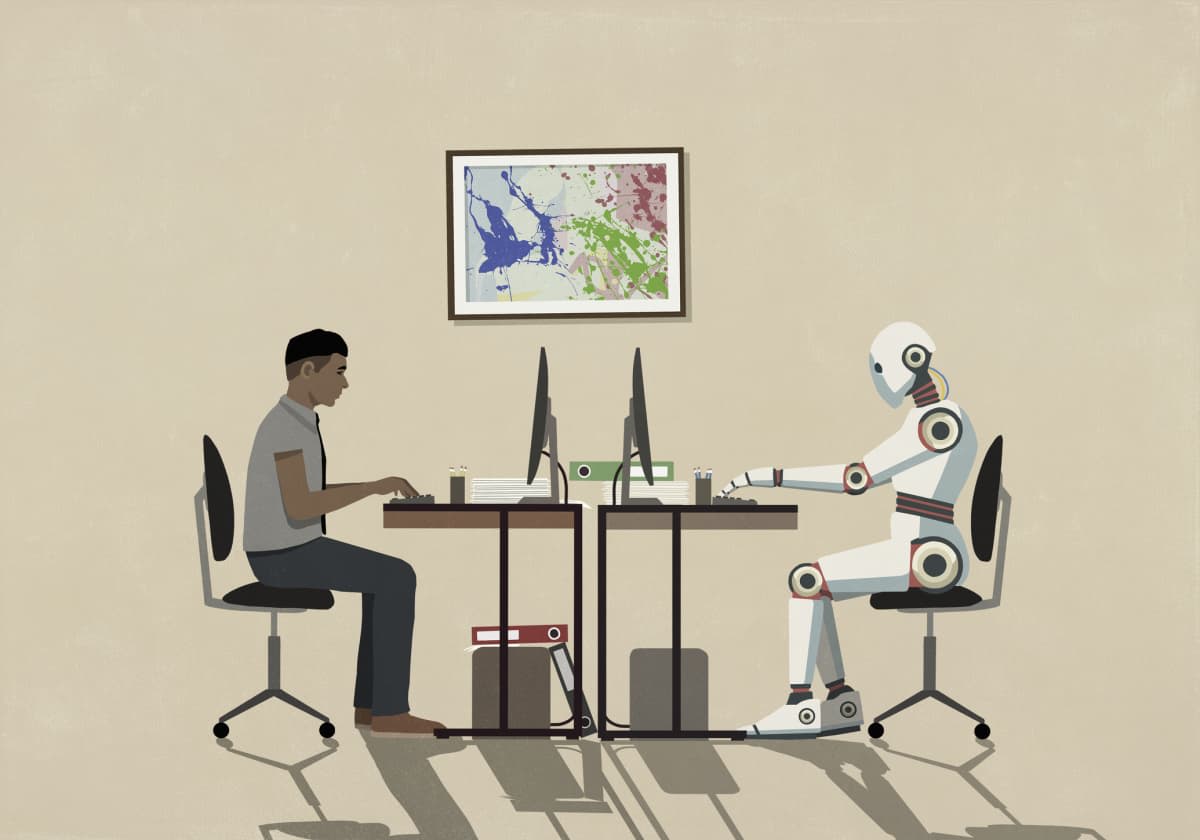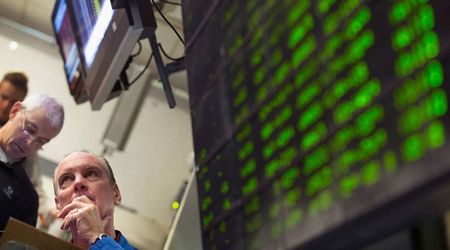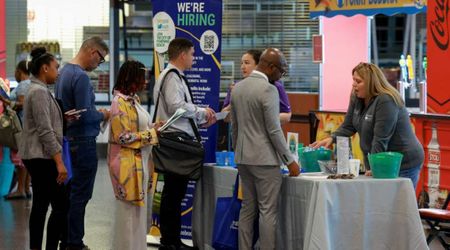Worried AI might replace your job? A new Gartner report predicts a surprising twist

For years now, AI has been seen as a threat that would take away jobs from human beings. But a new study from Gartner, Inc., a business and technology insights firm, suggests that Artificial Intelligence is set to transform about 32 million jobs each year, creating a need for companies to adapt to technology. In a survey of 700 Chief Information Officers of IT companies, Gartner found that companies will be forced to redesign and reconfigure roles by 2030. The study predicts that chaos will set in starting in 2028-29, with companies embracing the change.

According to the survey, by 2030, the majority of CIOs expect 0% of IT work to be done by humans alone without AI. Furthermore, the study found that CIOs expect about 75% of jobs to be augmented by AI and done by humans, and 25% of the jobs to be done by AI alone. Thus, the study suggests that organizations will need to balance AI readiness and human readiness to embrace the change and sustain the value generated by AI. “The next era of enterprise performance will not hinge on the quantity of people employed, but on the quality of collaboration between humans and AI,” Helen Poitevin, Distinguished VP Analyst at Gartner, said regarding the findings.
CIOs face a pivotal moment: Only one in five AI initiatives deliver ROI, and just one in 50 achieve true transformation.
— Gartner (@Gartner_inc) November 12, 2025
The key? Balance AI with human readiness to unlock real value.
Discover actionable insights from the Gartner IT Symposium/Xpo opening keynote:… pic.twitter.com/6vOu7FTyY6
However, Gartner says that AI's impact on global jobs will be neutral through 2026, but by 2028, the impact will be more evident, and AI will create more jobs than it destroys. “AI is not about job loss. It’s about workforce transformation. CIOs should start transforming their workforces by restraining new hiring (especially for roles involving low-complexity tasks) and by repositioning talent to new business areas that generate revenue,” said another Gartner analyst, Rob O'Donohue.
Last month, the Forbes Research 2025 AI Survey showed similar findings regarding the impact of AI on jobs. The survey of over 1,000 C-suite leaders found that 94% of executives feel that less than 5% of the jobs will be completely eliminated in the next two years. Furthermore, 59% of the respondents said AI will ultimately create more job opportunities, similar to the findings of the Gartner survey.
Forbes reported that about 44% chief human resources officers in the survey admitted that their companies are already transitioning employees from non-AI roles to AI-related positions, but the shift will likely require people to acquire new skills. A separate Goldman Sachs report in August suggested that unemployment caused by AI and the adoption of tech that saves labor will only be temporary, and such job displacement may disappear after two years.

“AI will make some skills, such as summarization, information retrieval, and translation, less important, as AI is ready to automate or augment these tasks,” said O'Donohue during a Gartner Symposium, citing their survey. “But AI also creates a need for entirely new skills. These AI skills are fundamentally different from most skills. Where skills were traditionally about doing tasks better, AI skills are about making you better, a better motivator, a better thinker, and a better communicator," he added.
More on Market Realist:
Walmart CEO quietly warns its 2 million workers about AI’s impact: ‘Every job will change’
Adam Kidan on the “Shadow Co-Worker”: How Hidden AI Use Is Forcing Leaders to Rethink Work
Bank of America issues warning that 'AI bubble' may fizzle out because of a cash crunch




















